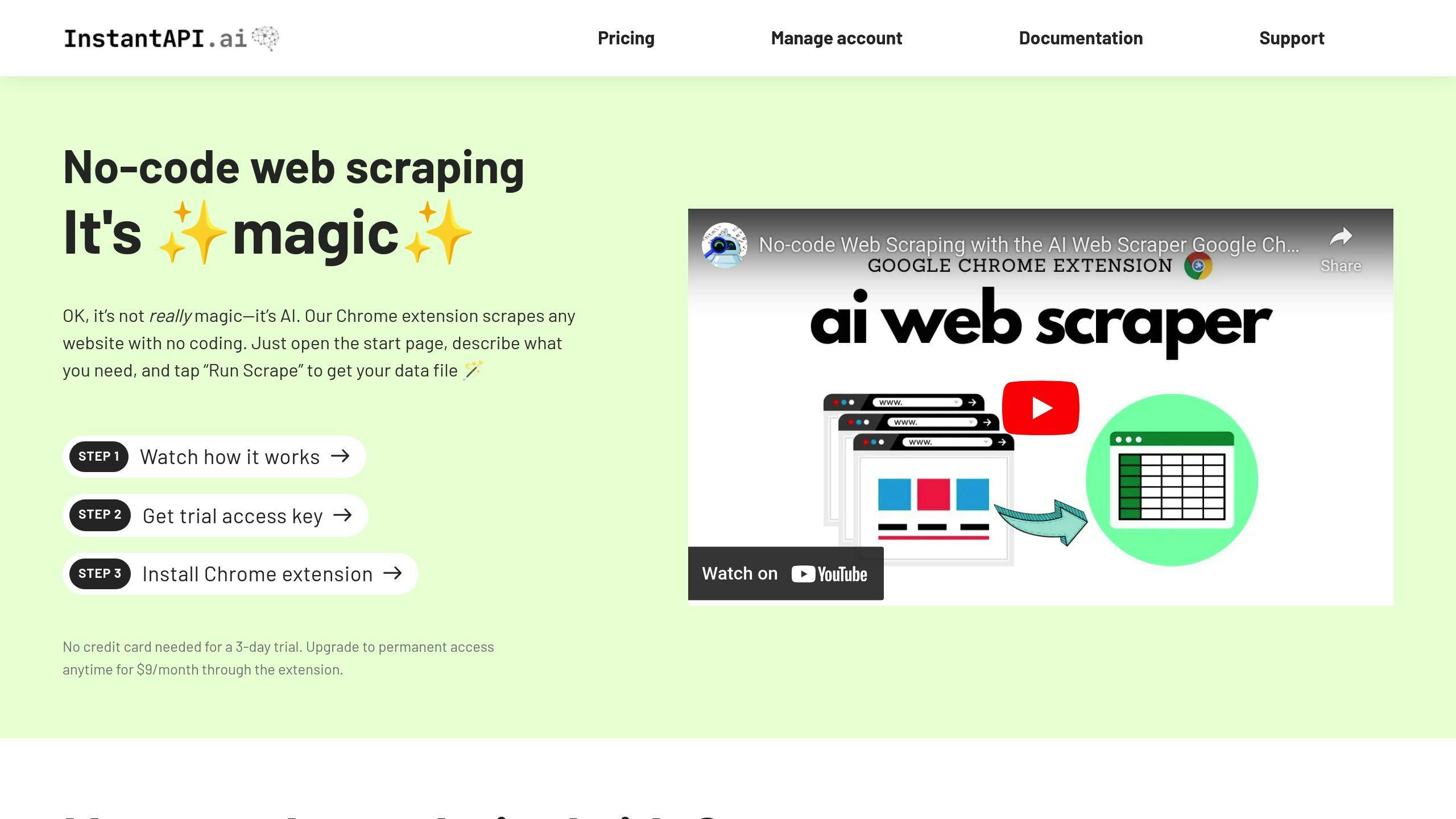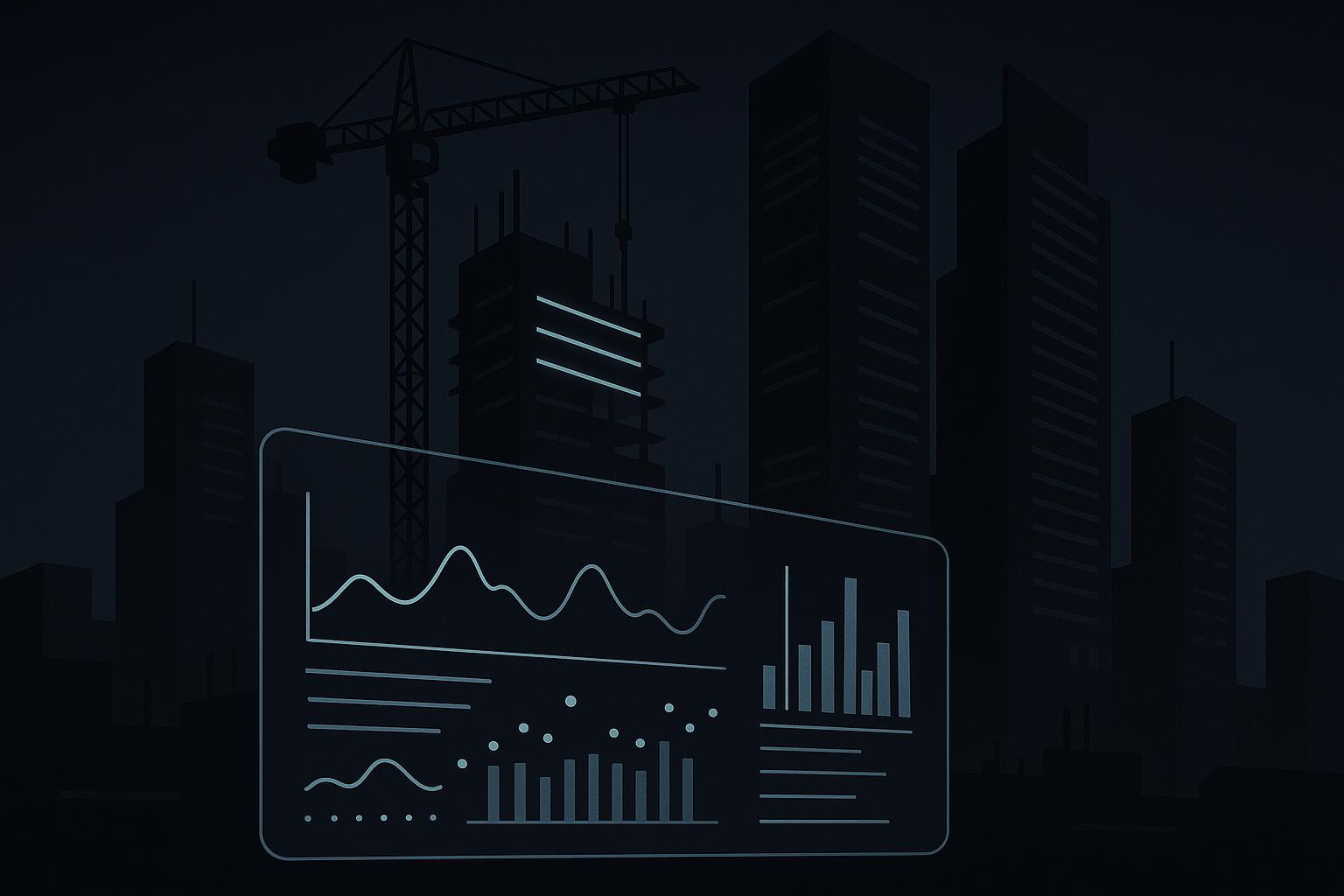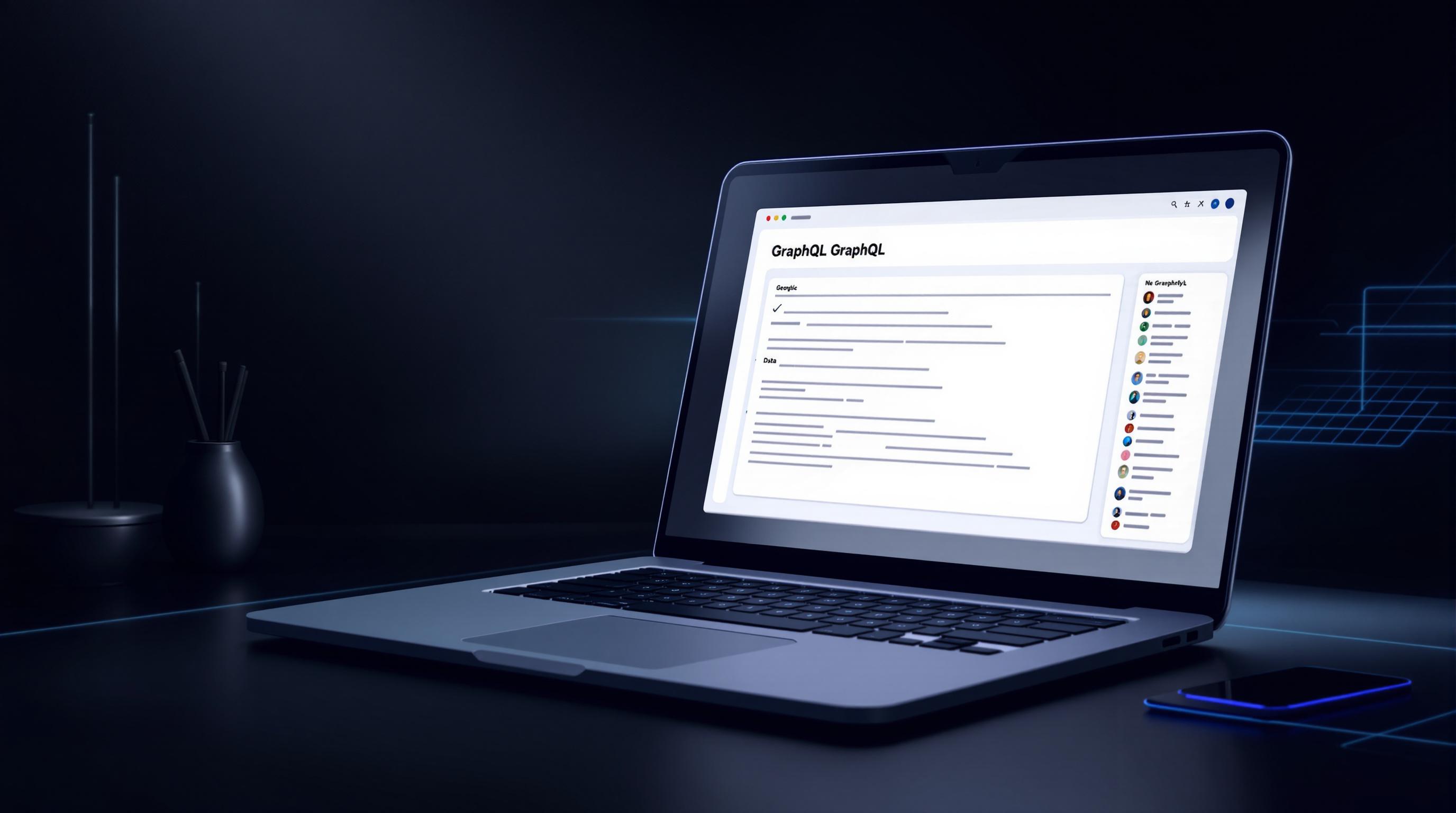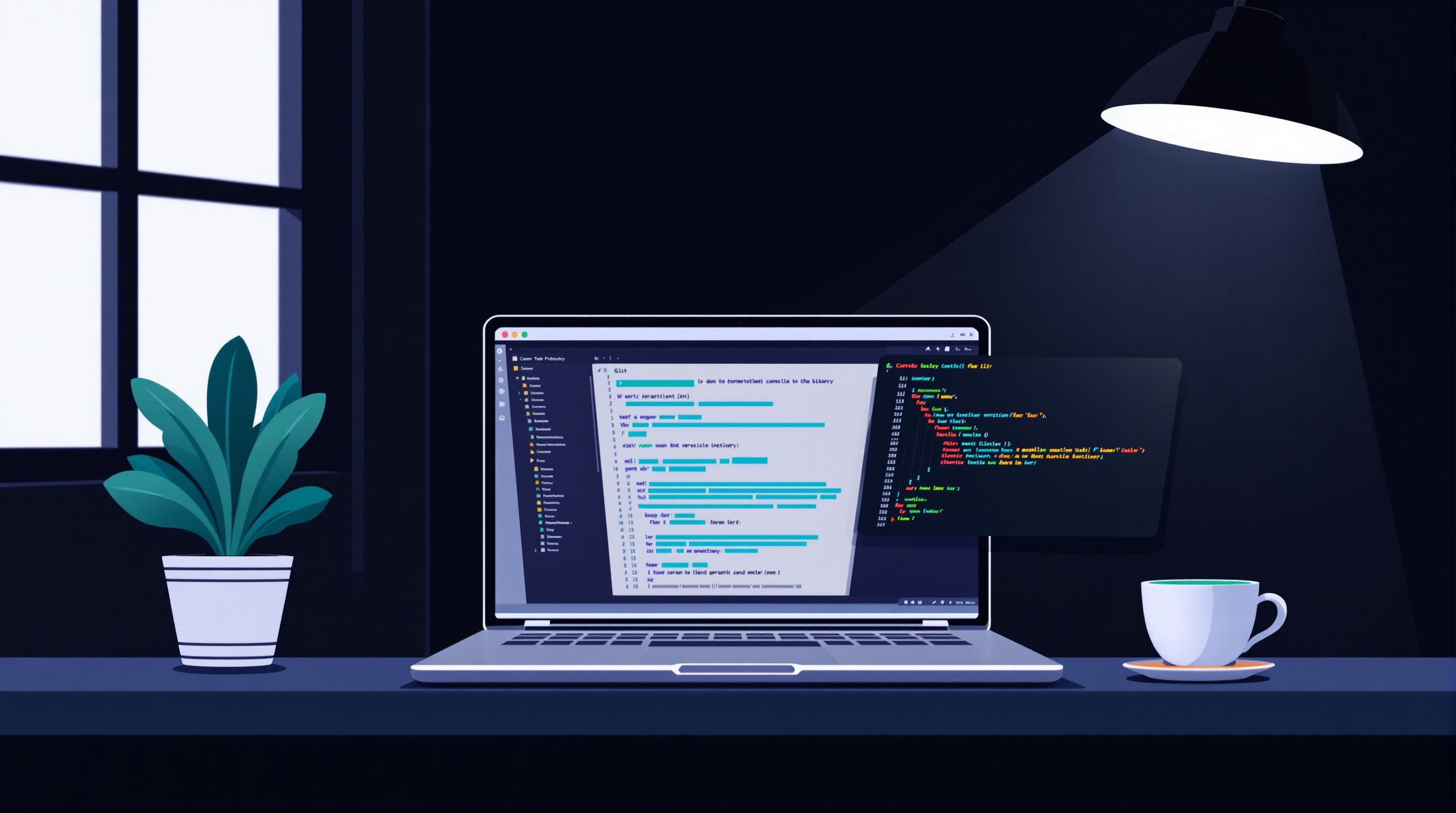AI is transforming web scraping, making it faster, smarter, and more reliable. Traditional methods struggle with dynamic websites, anti-scraping defenses, and constant updates. AI tools overcome these challenges by:
- Adapting to changes: Machine learning adjusts automatically to new layouts.
- Handling dynamic content: Simulates browser behavior for JavaScript, AJAX, and infinite scrolling.
- Bypassing anti-scraping measures: Mimics human actions, solves CAPTCHAs, and manages IP rotation.
- Improving data quality: Detects duplicates, flags errors, and ensures relevance with NLP.
- Scaling operations: Processes large datasets simultaneously with minimal manual intervention.
AI-based tools like InstantAPI.ai simplify scraping with automated adjustments, dynamic content handling, and API integration. They reduce errors, improve efficiency, and scale operations to meet growing data demands. Future advancements will focus on extracting multimedia data and overcoming stricter defenses.
| Feature/Challenge | AI Solution | Benefit |
|---|---|---|
| Dynamic Content | Browser simulation, pattern learning | Extracts hidden or paginated data |
| Anti-Scraping Measures | Human-like behavior, CAPTCHA solving | Reduces detection and blocks |
| Data Quality | NLP, anomaly detection | Ensures clean, accurate datasets |
| Scaling | Parallel processing, resource optimization | Handles large-scale operations |
AI-driven web scraping is essential for efficient, high-quality data collection in today’s fast-changing online environment.
AI Technologies for Web Scraping
Machine Learning in Scraping
Machine learning helps scrapers keep up with changing website structures by analyzing the DOM and spotting patterns. This means scrapers can adjust their methods automatically, staying accurate without needing constant manual updates. The real strength here is the ability to process large datasets of webpage structures, making smarter choices about where to find the data you need.
AI and Dynamic Content
Modern websites rely heavily on dynamic content powered by JavaScript and AJAX. AI-powered tools handle these challenges by simulating browser behavior and waiting for the content to fully load before extracting it.
Here’s a breakdown of how AI tackles various types of dynamic content:
| Content Type | AI Approach | Benefit |
|---|---|---|
| JavaScript Rendering | Browser Simulation | Captures content loaded after page load |
| AJAX Requests | Request Pattern Learning | Extracts data from background API calls |
| Infinite Scrolling | Scroll Pattern Recognition | Loads and collects paginated content |
| Dynamic Forms | Input Simulation | Manages interactive elements requiring input |
By efficiently handling dynamic content, AI also helps bypass anti-scraping mechanisms.
AI Against Anti-Scraping
AI-driven algorithms adapt to patterns in data and HTML structures, tweaking their behavior in real-time to dodge anti-scraping defenses. By mimicking human actions like mouse movements and scrolling, AI reduces the chances of detection.
Computer vision techniques allow AI to solve CAPTCHAs and similar challenges, minimizing disruptions in the scraping process. It also manages IP rotation and request timing smartly, avoiding detection and blocks from websites. These features ensure smooth, uninterrupted data scraping while improving overall performance.
Strategies for Better Scraper Performance
AI for Data Quality
Maintaining clean, accurate datasets is a major hurdle in web scraping, but AI offers effective tools to tackle this. Machine learning algorithms excel at spotting patterns and detecting anomalies, helping to automatically filter out irrelevant or incorrect data.
Natural Language Processing (NLP) takes it a step further by accurately classifying content and removing duplicates, ensuring datasets remain relevant and consistent. This is especially helpful when dealing with vast amounts of data from various sources.
Here’s how AI addresses different data quality issues:
| Challenge | AI Solution | Impact |
|---|---|---|
| Duplicate Content | Pattern Recognition | Cuts redundancy by up to 95% |
| Data Validation | Anomaly Detection | Flags outliers and errors in real-time |
| Format Consistency | NLP Processing | Standardizes data across sources |
| Content Relevance | Content Analysis | Filters out irrelevant information |
Scaling with AI
Beyond ensuring data quality, scaling operations efficiently is key for handling large-scale data needs. AI automation changes the game, enabling simultaneous processing of multiple data streams while keeping quality intact.
AI tools adapt to evolving web designs and layouts, removing the need for frequent manual updates when websites change. Computer vision technology enhances this by interpreting visual elements and handling complex layouts seamlessly.
To boost scraper performance at scale:
- Use AI scrapers across multiple servers to handle large datasets at once.
- Let AI prioritize high-value sources to make the most of resources.
- Implement smart request timing to balance speed and avoid server overload.
These approaches solve common issues like dynamic content changes and anti-scraping defenses, allowing organizations to scale their operations effectively. The result? A stronger, more efficient scraping system that keeps up with growing data demands while delivering high-quality results.
Related video from YouTube
sbb-itb-f2fbbd7
AI-Powered Web Scraping Tools
AI has transformed web scraping, creating tools that tackle modern challenges like scalability, dynamic content, and anti-scraping measures. Let's take a closer look at some standout solutions.
InstantAPI.ai

Founded by Anthony Ziebell, InstantAPI.ai simplifies data extraction by removing the need for xPath or constant manual updates. Here's what it offers:
| Feature | Description |
|---|---|
| AI-Powered Adjustments | Learns and adapts to website structures automatically |
| Dynamic Content Handling | Manages complex content and integrates proxy management |
| Parallel Processing | Handles unlimited simultaneous requests for better performance |
| API Integration | Easily connects to APIs for automated workflows |
InstantAPI.ai provides a free plan allowing 100 scrapes per month. Business plans start at $249/month, offering additional features and dedicated support.
Other AI Scraping Tools
Several other tools specialize in tackling specific scraping challenges:
| Tool | Focus Area |
|---|---|
| Copy.ai | Generates scraping code automatically, ideal for users without coding skills |
| Arbisoft | Uses deep learning to extract data from complex, frequently changing websites |
These tools integrate smoothly with existing data workflows, automating everything from collection to analysis. By reducing the need for constant updates, they ensure reliable data extraction in various scenarios.
AI-driven web scraping tools are reshaping how data is gathered and processed, making it faster and more efficient while addressing modern challenges in the field.
Conclusion and AI's Future in Web Scraping
How AI Improves Web Scraping
AI has reshaped web scraping by solving key performance issues that older tools often face. It reduces server strain, speeds up data collection, and handles dynamic content or anti-scraping tactics with little need for manual adjustments. These systems can validate data automatically, adjust to website changes in real time, and manage complex data formats intelligently, making them a go-to solution for today’s data collection challenges.
What Lies Ahead for AI in Web Scraping
As technology advances, AI’s role in web scraping is set to grow even further. Tools powered by natural language processing (NLP), deep learning, and computer vision will be able to extract more nuanced, contextual, and multimedia data with greater accuracy. This is especially important for industries that depend on collecting diverse types of data from multiple sources.
"AI will continue to play a crucial role in web scraping by enabling faster, more precise data extraction, even from multimedia sources like images and videos."
Generative AI is emerging as a game-changer, simplifying the creation of scrapers by automatically generating code. This makes web scraping easier for people without advanced coding skills while maintaining strong performance levels.
With businesses increasingly relying on real-time, large-scale data, AI-powered scraping will remain key to efficient and flexible data workflows. Future tools will need to tackle tougher anti-scraping defenses, stricter privacy laws, and more complex web applications. These advancements will help ensure AI-driven web scraping keeps up with the demand for smarter, faster data solutions.
FAQs
Is web scraping CPU-intensive?
Yes, web scraping can demand a lot from your CPU. This is mainly due to processes like browser rendering, making HTTP requests, and parsing data. Key components that contribute to CPU usage include:
- Browser engines: Handle rendering of web pages.
- HTTP libraries: Manage requests to servers.
- HTML parsers: Process the structure of web pages.
- JSON parsers: Work with data formats like JSON.
Here's a breakdown of CPU usage and how AI can help optimize these processes:
| Component | CPU Impact | AI Optimization Approach |
|---|---|---|
| Browser Engine | Very High | Selective rendering and smart caching |
| HTTP Libraries | Moderate | Efficient batching and throttling of requests |
| HTML Parser | High | Improved algorithms and pattern recognition |
| JSON Parser | Moderate | Faster data processing and validation |
| Overall CPU Usage | High | AI improves resource allocation to ease load |


